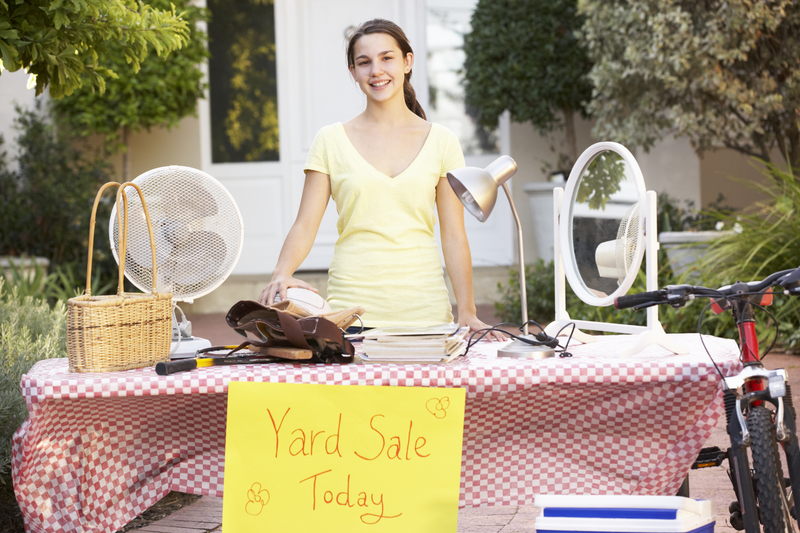Common Recycling Mistakes You Might Be Making
Posted on 08/05/2025
Recycling is a crucial part of living sustainably, but many people are unaware of the common mistakes they make. Despite good intentions, these errors can undermine recycling efforts and even cause more harm than good. Understanding these frequent missteps can significantly boost your recycling effectiveness and contribute to a healthier environment.
1. Bagging Recyclables
One of the most common mistakes people make is placing recyclables in plastic bags. Most recycling facilities cannot open or process bagged items, which means your efforts can end up in landfill. Always place recyclables loose in the bin to ensure they are sorted and processed correctly.

2. Contaminating Recyclables with Food Residue
Food contamination is a significant problem. Many people throw away pizza boxes, take-out containers, or jars with food residues still inside. Before recycling, rinse containers to remove any food particles. A single contaminated item can spoil an entire batch of recyclables.
3. Improper Disposal of Plastic Bags
While many people know plastic bags are recyclable, they often incorrectly dispose of them by placing them in curbside bins. These bags can jam recycling machinery and are typically not processed by local recycling programs. Instead, return them to designated recycling drop-offs found in many grocery stores.
4. Confusion with Plastics
Not all plastics are recyclable. Items like plastic straws, utensils, and Styrofoam are frequently mistaken for recyclable materials but usually cannot be recycled curbside. Check your local guidelines to see which types of plastics are accepted.
5. Including Non-Recyclable Items
Wishful recycling, or "wish-cycling," involves placing non-recyclable items in the bin in the hope that they'll be recycled. Items like garden hoses, electronics, and light bulbs are common culprits. Be sure to research and understand what your local facility accepts before placing items in the bin.
6. Overlooked Recyclable Items
On the flip side, many people also forget to recycle items that are indeed recyclable, such as aluminum foil, batteries, and certain electronics. Ensure you're aware of all recyclable items to maximize your efforts.
7. Misunderstanding Compostable and Biodegradable Products
With the rise of compostable and biodegradable products, many people mistakenly place these items in the recycling bin. These products are designed to break down in specific environments and can contaminate regular recyclables. Always dispose of these items according to the manufacturer's guidelines.
Pros and Cons of Recycling
Pros:
- Reduces waste in landfills
- Conserves natural resources
- Reduces pollution
- Creates jobs in the recycling and manufacturing industries
Cons:
- Recycling processes can be energy-intensive
- Contamination can make recycling less efficient
- Not all items are recyclable
- Can be confusing for consumers
Tips for Effective Recycling
- Always rinse containers before recycling
- Check local recycling guidelines frequently
- Flatten cardboard boxes to save space
- Remove lids from bottles and jars
- Educate yourself and your family about what is and isn't recyclable

Takeaways
Understanding and correcting common recycling mistakes can make your efforts more impactful. Paying attention to contamination, knowing what can and cannot be recycled, and staying updated with local guidelines are crucial steps.
Conclusion
Recycling is more than just a routine task; it's a responsibility to our planet. By addressing common mistakes such as bagging recyclables, contaminating with food residue, and improper disposal of specific items, you can enhance your recycling effectiveness. The key is to stay informed, remain diligent, and encourage others to do the same. Together, small actions can lead to significant environmental benefits.

